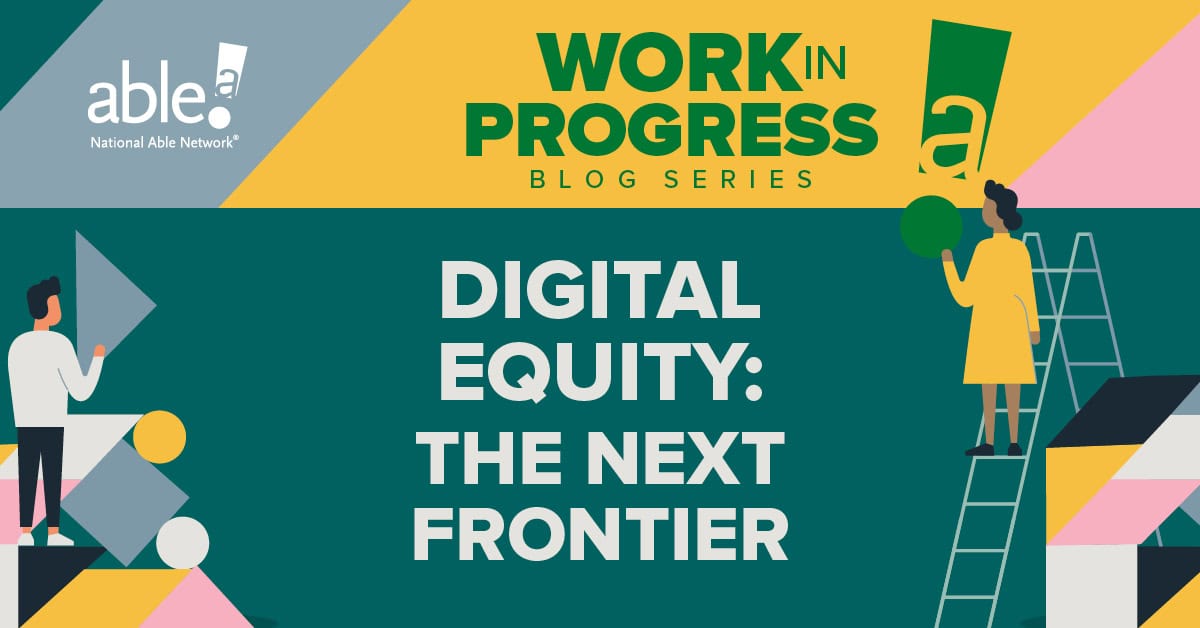If you are reading this article, the odds are you’re reading it on the computer. To do that, you either need to own a computer or go to a shared computer space, like a library. And those computers need to be connected to the Internet.
Of course, this is fairly obvious for most of us. But not everyone has reliable access to the Internet or Internet devices – a fact which hits low-income individuals the most. According to the Pew Research Center, among adults with incomes below $30,000, 24 percent do not even own a smartphone. Nearly half (43 percent) of low-income adults also do not have home broadband service, and 41 percent do not own a desktop or laptop computer.
As Pew points out, for people without reliable internet access, smartphones usually fill the gap. “As of early 2021, 27% of adults living in households earning less than $30,000 a year are smartphone-only internet users – meaning they own a smartphone but do not have broadband internet at home,” Pew reports. These adults also rely on smartphones for tasks such as applying for jobs, something we see at Able with some regularity.
The digital divide, as this phenomenon has been labeled, generally flies under the radar in relation to big-ticket issues that drive conversations on the national and local levels. However, in recent years, the state, local, and federal governments have begun to direct resources towards addressing this issue.
One such program is the newly-released Digital Equity Competitive Grant Program, one of several connectivity-focused programs to be released by the federal government. The Digital Equity Competitive Grant Program will “fund initiatives that ensure communities have the access and skills to fully participate in the digital world, regardless of their background or circumstances.”
This grant allocates $1.25 billion towards that goal and will fund projects covering everything from infrastructure improvements (such as installing fiber-optic cables) to workforce training.
At National Able Network, we have already started our work to close the digital divide. Our in-house RemarkAble training program is leading-edge learning platform for low-income seniors that provides access to essential training options for today’s job market.
Job seekers also have access to Able’s intuitive resume builder tool, RemarkAble Resumes. The resume builder helps participants easily build a resume, simplifies formatting, and is designed to navigate employers’ applicant tracking systems. And to reach as many people as possible, the resume builder is also available in Spanish.
Able also trains job seekers through the IT Career Lab program, which offers a multi-certification pathway with the opportunity to earn globally recognized credentials from CompTIA and Axelos, two widely recognized IT companies.
Between these investments and training programs, the opportunities for those most in need to achieve reliable Internet access and connectivity have never been stronger.

